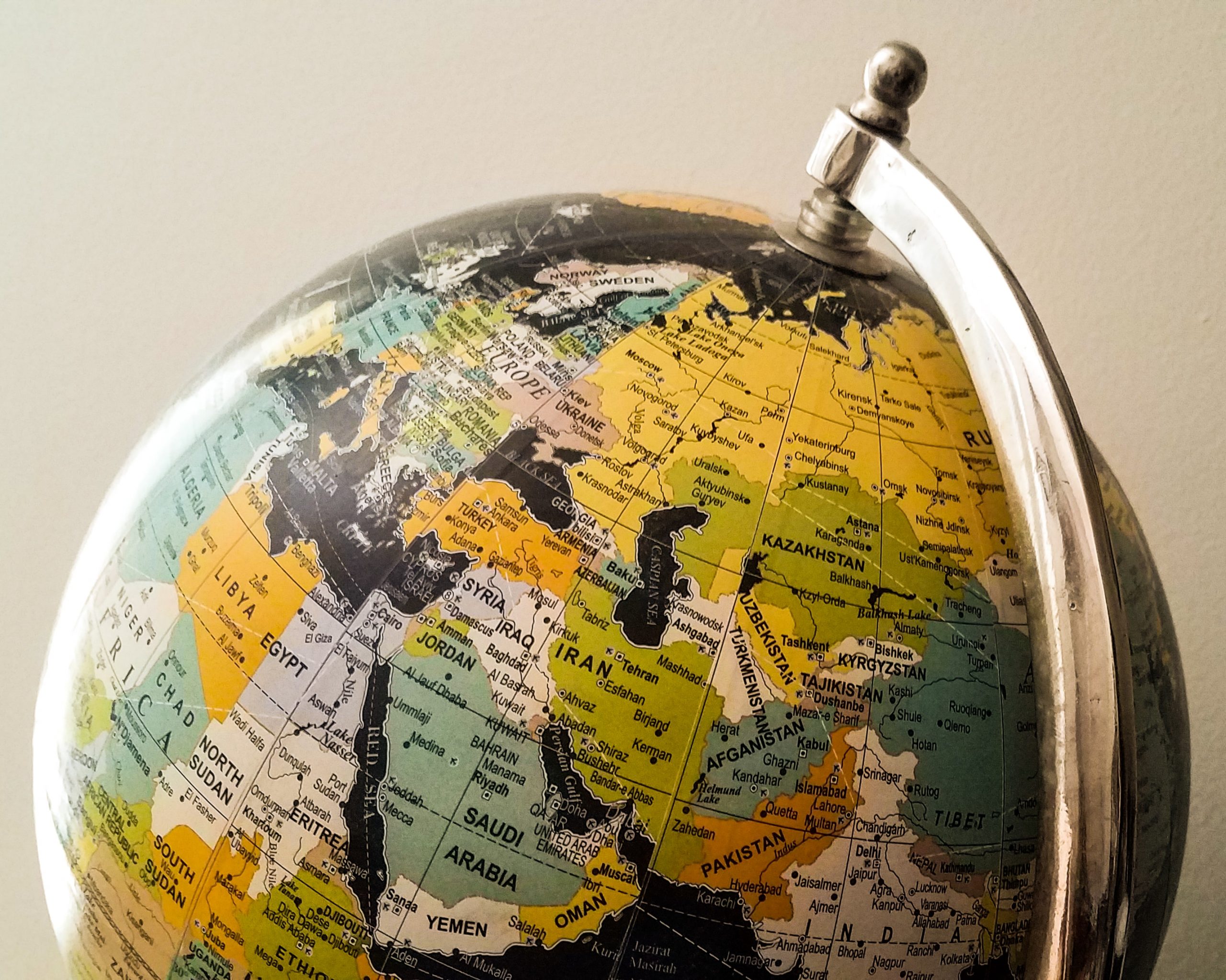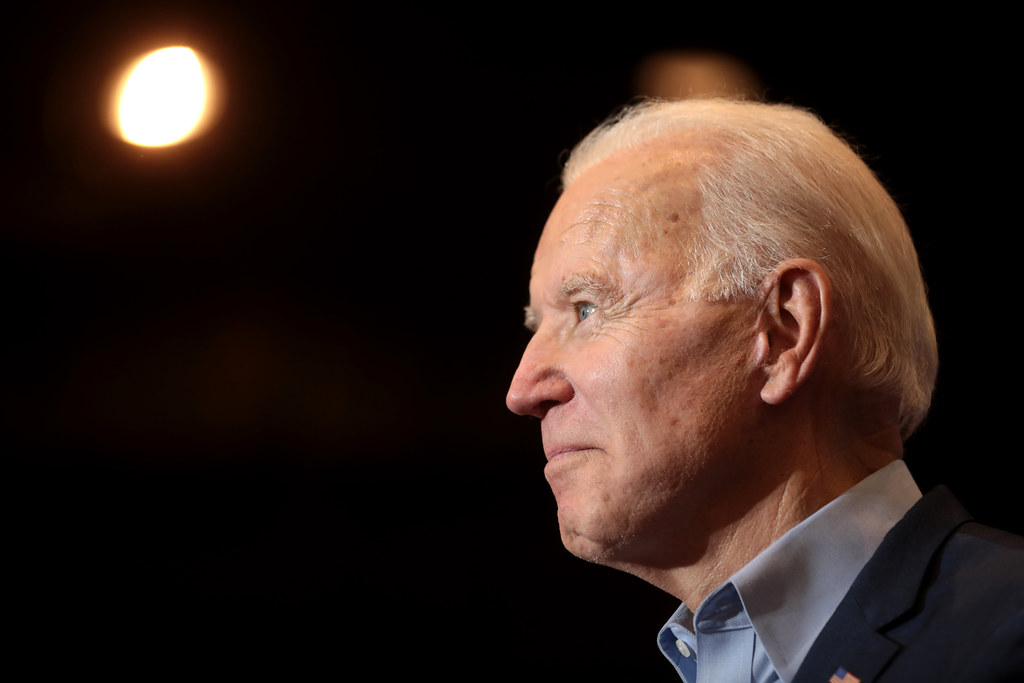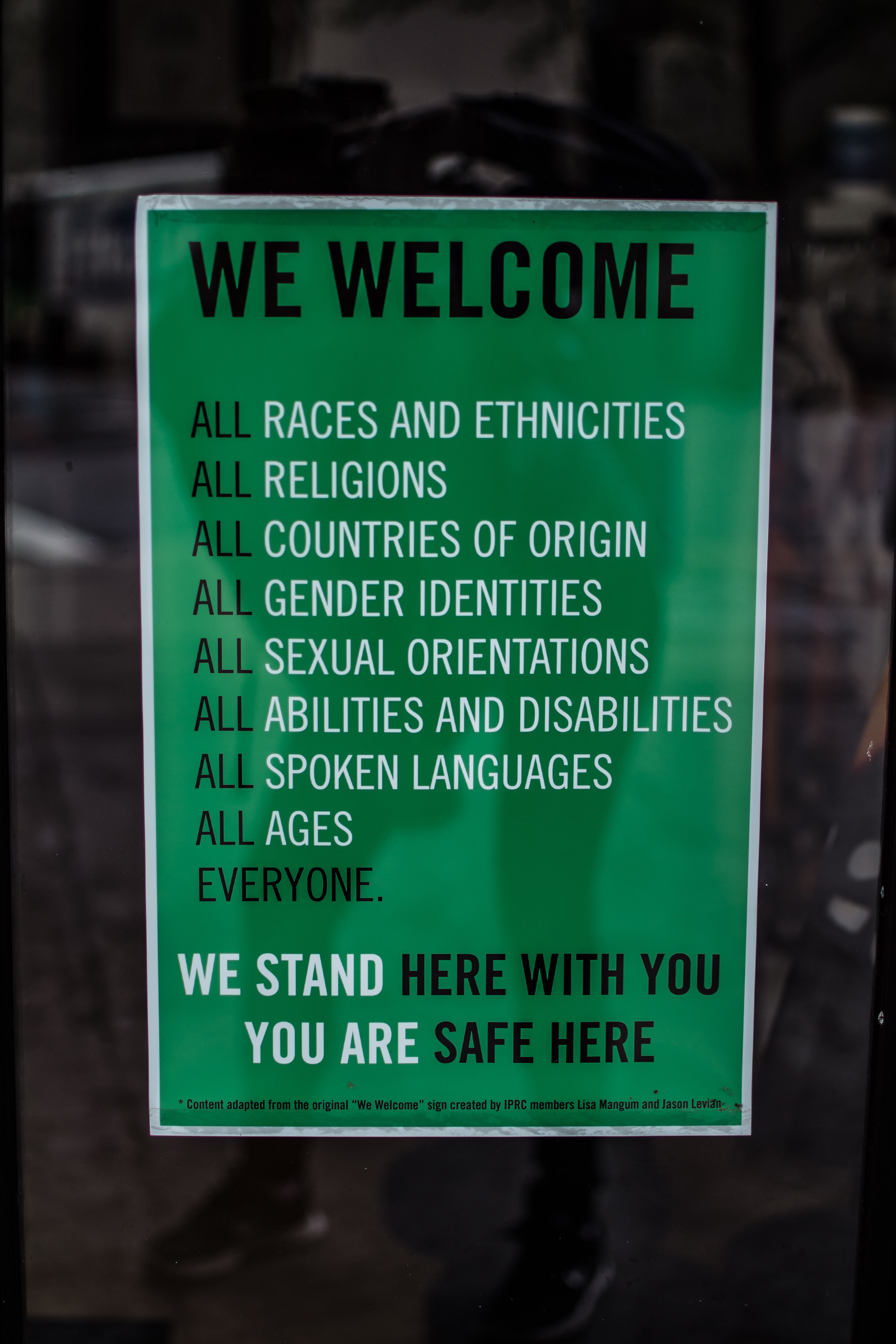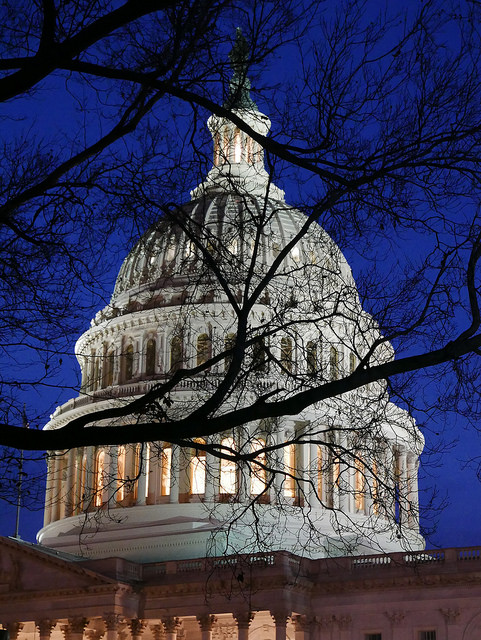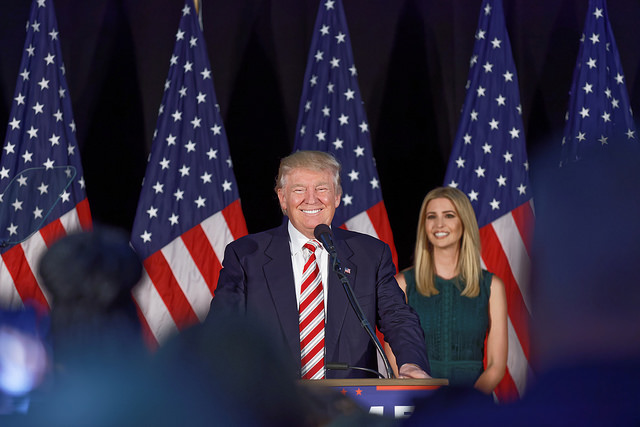Welcome back to Visalawyerblog! It is the start of a brand new and exciting week in the world of immigration. In this post, we bring you the latest immigration updates from the U.S. Department of State’s Bureau of Consular Affairs.
In a recent post on their Facebook page, the Bureau published a Frequently Asked Questions guide addressing the Immigrant Visa Backlog, including information about what Consulates are doing to help reduce the backlogs, and helpful information for K-1 visa applicants, Diversity Visa lottery applicants, and interview scheduling for employment-based applicants.
Want to know more? Check out the Q & A below:
Frequently Asked Questions Regarding the Immigrant Visa Backlog
Q: Why are there still immigrant visa interview backlogs?
A: Our number one priority is the safety of our applicants and our staff. The IV (Immigrant Visa) interview backlog has developed because of limitations in staffing and other COVID-related operational constraints preventing us from processing the same volume of applicants as pre-pandemic. In addition, Presidential Proclamation 10014 and geographic COVID proclamations restricted visa processing for many immigrants for nearly a year; it will take time to process the cases that were impacted by these travel restrictions.
Q: What are you doing to decrease the backlog?
A: We are committed to decreasing this backlog by prioritizing certain visas, creating efficiencies in the visa process, and utilizing all available resources until our task is accomplished. Applicants should check the website of their nearest U.S. embassy or consulate for updates on what visa services are currently available.
Q: Are virtual/Zoom interviews available for Immigrant Visa applicants?
A: No. Current regulations require all immigrant visa applicants to appear in person before a consular officer.
Q: I live near a U.S. Consulate, but they do not process Immigrant Visas at that particular location and therefore I am forced to travel a long distance to appear for my interview. Why don’t you process IV interviews at every U.S. Embassy/Consulate?
A: As the best use of limited U.S. government resources, immigrant visa processing is consolidated in certain embassies and consulates. The Department of State continuously reviews the services we provide to best balance our service standards with efficient use of resources.
 Visa Lawyer Blog
Visa Lawyer Blog



